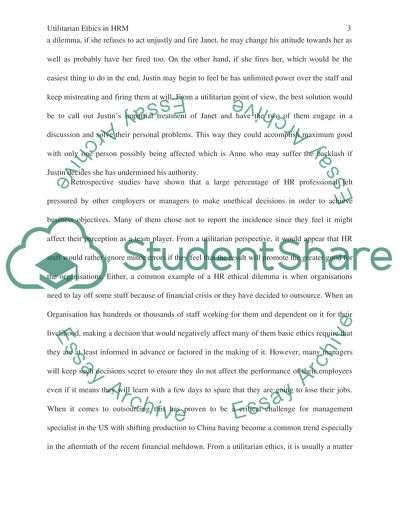Cite this document
(Ethical Conduct in Work Environments Coursework Example | Topics and Well Written Essays - 1750 words, n.d.)
Ethical Conduct in Work Environments Coursework Example | Topics and Well Written Essays - 1750 words. https://studentshare.org/social-science/1853625-ethical-conduct-in-work-environments
Ethical Conduct in Work Environments Coursework Example | Topics and Well Written Essays - 1750 words. https://studentshare.org/social-science/1853625-ethical-conduct-in-work-environments
(Ethical Conduct in Work Environments Coursework Example | Topics and Well Written Essays - 1750 Words)
Ethical Conduct in Work Environments Coursework Example | Topics and Well Written Essays - 1750 Words. https://studentshare.org/social-science/1853625-ethical-conduct-in-work-environments.
Ethical Conduct in Work Environments Coursework Example | Topics and Well Written Essays - 1750 Words. https://studentshare.org/social-science/1853625-ethical-conduct-in-work-environments.
“Ethical Conduct in Work Environments Coursework Example | Topics and Well Written Essays - 1750 Words”. https://studentshare.org/social-science/1853625-ethical-conduct-in-work-environments.


